Remember when Andrea Iyamah's swimsuit popped up on Beyoncé's Instagram feed in 2019? That single post crashed the brand's website for three days straight. Welcome to fashion's new reality.
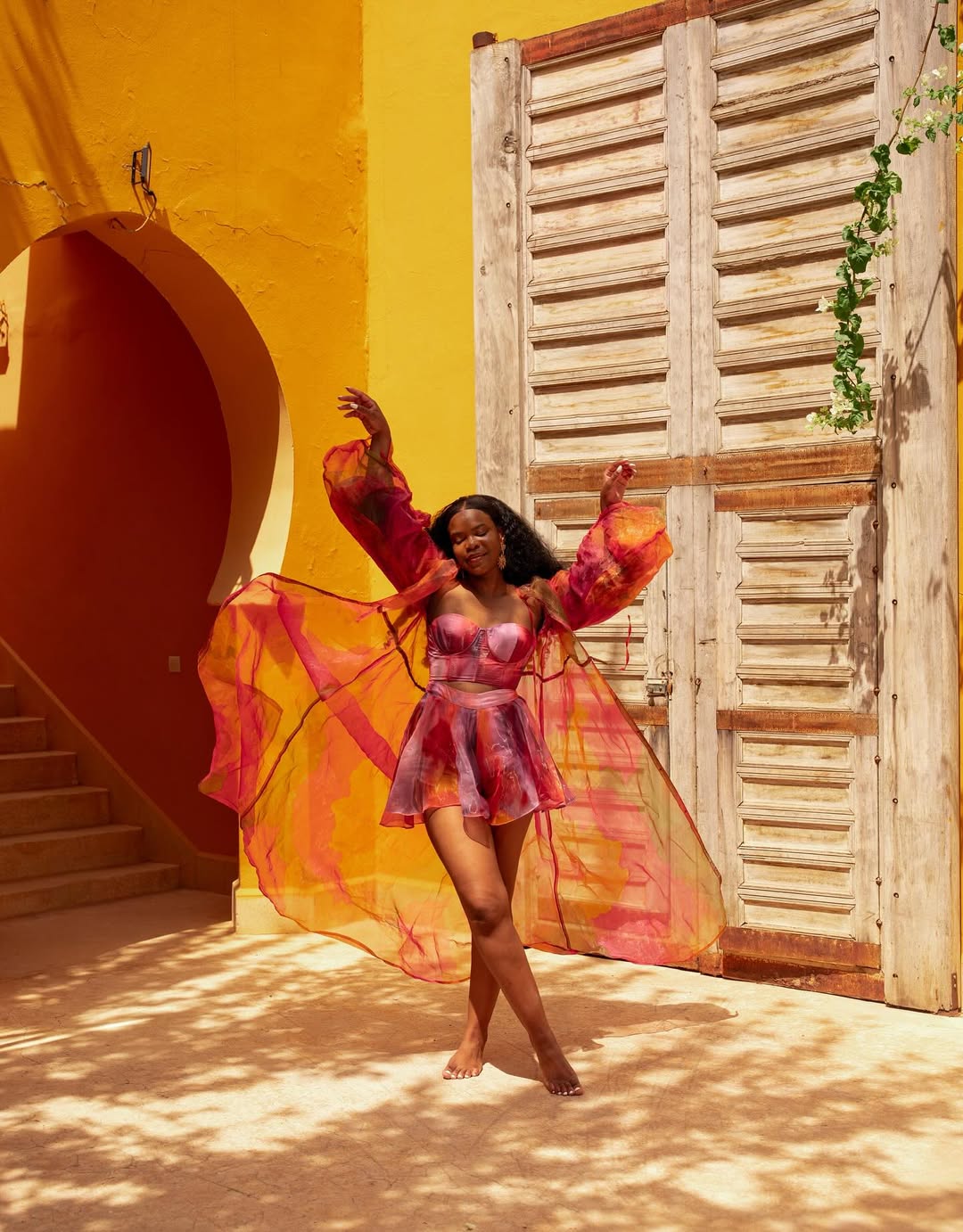
Nigerian designers aren't just making clothes anymore—they're gaming the internet. And they're winning. From cramped workshops in Yaba to For You pages worldwide, this article examines five brands that have cracked the code: Kilentar, Vicnate, Andrea Iyamah, Onalaja, and Kai Collective. Each one turned a smartphone screen into their personal runway.
But what sets them apart is how intentionally they use social media. For these designers, platforms like Instagram and TikTok are not just marketing tools, they are communities and ecosystems. Through behind-the-scenes reels, styling tutorials, influencer partnerships, and brand storytelling, they build relationships with audiences across continents. Every post becomes part of their brand narrative, keeping followers invested beyond the clothes.
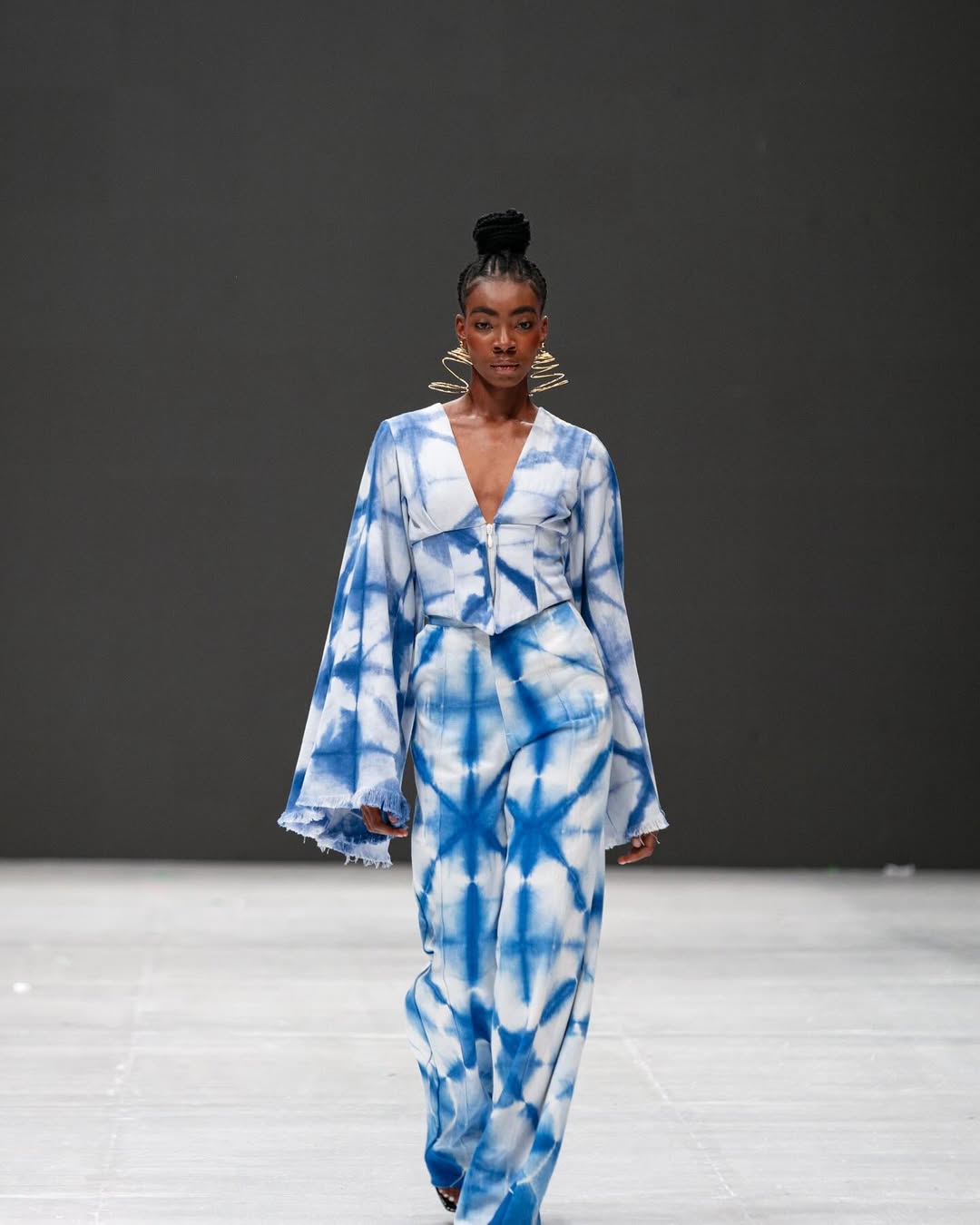
Kilentar exemplifies the blend of craft and contemporary relevance. Rooted in heritage techniques and handwoven fabrics, the brand creates flowing, feminine silhouettes that reinterpret Nigerian tradition with a global gaze. Its imagery is rich with texture and story, weaving culture, femininity, and identity into motion. These visuals perform powerfully online, resonating with global audiences drawn to authenticity and artistry. Kilentar’s rise shows how visual storytelling, when paired with e-commerce readiness, can turn clicks into customers.
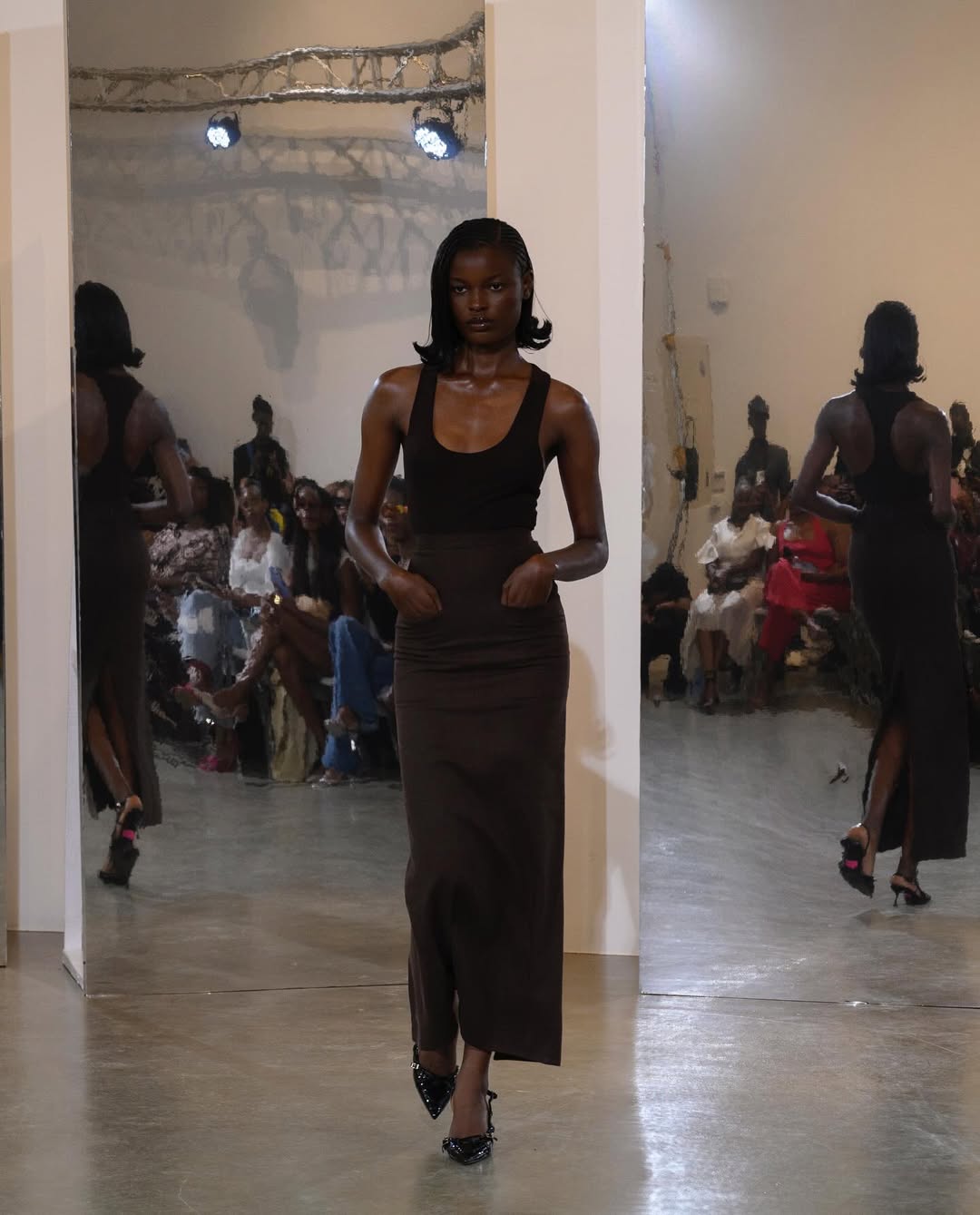
For Vicnate, virality comes through silhouette and form. Founder Victor Anate creates striking pieces that balance sculptural tailoring with fluid drapery, garments that feel both architectural and emotional. His videos are cinematic, garments moving like sculpture, designed to live as beautifully on screen as they do in person. Vicnate’s success shows how design and digital intuition can merge into one language, the language of visual impact.
.jpg)
Andrea Iyamah mastered this translation long before virality became a metric. Her brand’s evolution from a swimwear label into a full-fledged lifestyle house is a study in consistency. The bold colour, the sculptural detailing, and the storytelling all reinforce an identity that feels unmistakably hers. Her designs often celebrate the female form through structured dresses, statement swimwear, and resort pieces that exude confidence and ease. Celebrity dressing accelerated the journey. From magazine covers to red carpet moments, Andrea Iyamah’s creations have become visual shorthand for glamour and modern femininity. What began as a brand rooted in the diaspora now stands as one of Nigeria’s most visible exports, built on the power of narrative and repetition.
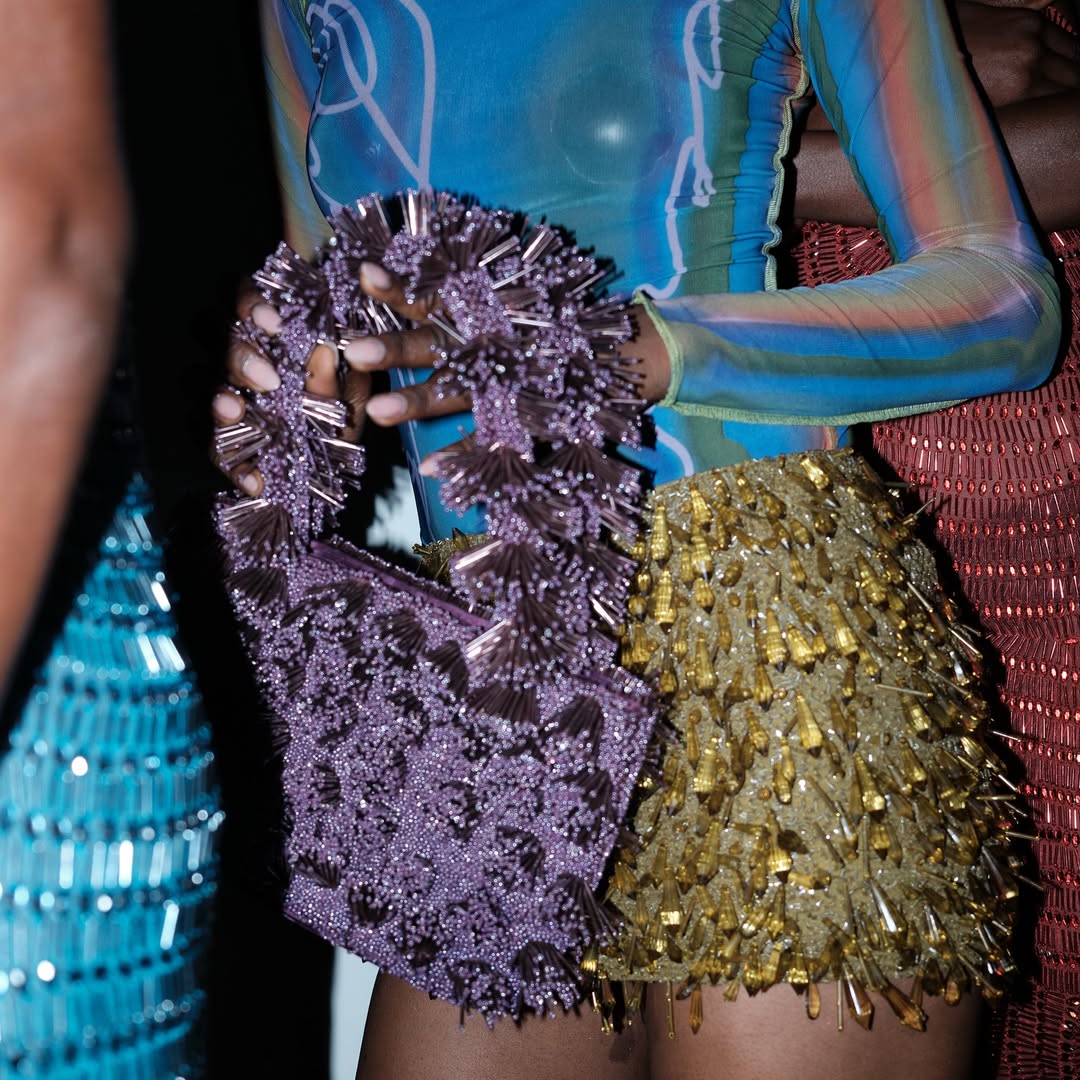
Onalaja operates on a different frequency, one that fuses art, embellishment, and emotion. Every piece feels like a story stitched in beadwork and texture. Known for her ornate, hand-embellished dresses and intricate surface detailing, the designer explores themes of womanhood and identity through tactile opulence. The brand’s commitment to craftsmanship has earned it global press and recognition from luxury boutiques to major retailers. Yet Onalaja’s true power lies in how its visual maximalism translates digitally, intricate detailing that demands close-ups and captures the eye before a caption even finishes loading.
.jpg)
Kai Collective bridges continents with clarity. Headquartered in London but deeply rooted in Lagos, the brand’s voice is both global and familiar. Its signature pieces; from body-conscious dresses in swirling prints to sheer, vibrant coordinates, are anchored by storytelling that speaks directly to the African diaspora. Kai’s growth shows what happens when strategy meets infrastructure. Its ability to turn engagement into sales is supported by a strong e-commerce backbone and efficient fulfillment systems. It understands the rhythm of online audiences and mirrors it, turning fashion into movement, identity, and conversation.
Still, the journey from Lagos to the algorithm is not without tension. For every designer who converts virality into business, there are many who cannot keep up with its pace. Production remains one of the biggest challenges. A viral post can bring global attention overnight, but not every atelier is built to handle the flood of orders that follow. Costs, sourcing delays, and limited manufacturing capacity can turn excitement into backlog. Pricing also poses a problem. The internet flattens audiences, and those drawn to a post may not be the same ones willing to pay for luxury craftsmanship. Without solid logistics, what should be momentum can quickly become a missed opportunity.
.jpg)
This is where Lagos Fashion Week stands as both bridge and test. Over the years, the platform has evolved from a calendar staple into a credibility marker. For designers, it offers not just a runway but a stage for global recognition. Through initiatives like Green Access and the Fashion Focus Fund, Lagos Fashion Week has widened its scope, promoting sustainability and capacity building while giving designers an institutional seal of legitimacy. The event’s visibility brings international editors, buyers, and influencers into the same conversation as local creators, translating Lagos’ energy into global relevance. Yet for some, that spotlight remains symbolic. A runway show, no matter how well received, cannot fix broken logistics or scale limited production. Lagos Fashion Week can open doors, but it cannot walk brands through them.
What is unfolding is a cultural shift. Nigerian designers are no longer waiting for validation from traditional fashion capitals. They are building their own ecosystems of visibility, one viral moment, one fashion week, one intentional collection at a time. The diaspora amplifies them, social platforms connect them, and institutions like Lagos Fashion Week frame them within a larger story of African creativity.

The old guard might sneer at "Instagram fashion," but the numbers don't lie. Nigerian fashion exports hit $1.9 billion in 2023, according to the Nigerian Export Promotion Council. That's up from $890 million in 2019. Someone's buying.
The algorithm doesn't care about your fashion week invites or your Vogue mentions (though those help). It cares about one thing: does this stop the scroll? Nigerian designers figured that out. Now they're teaching the world that the future of fashion might not be in Paris or Milan. It might be uploading from a studio in Surulere at 2 AM, hoping the power stays on long enough to post..
.svg)

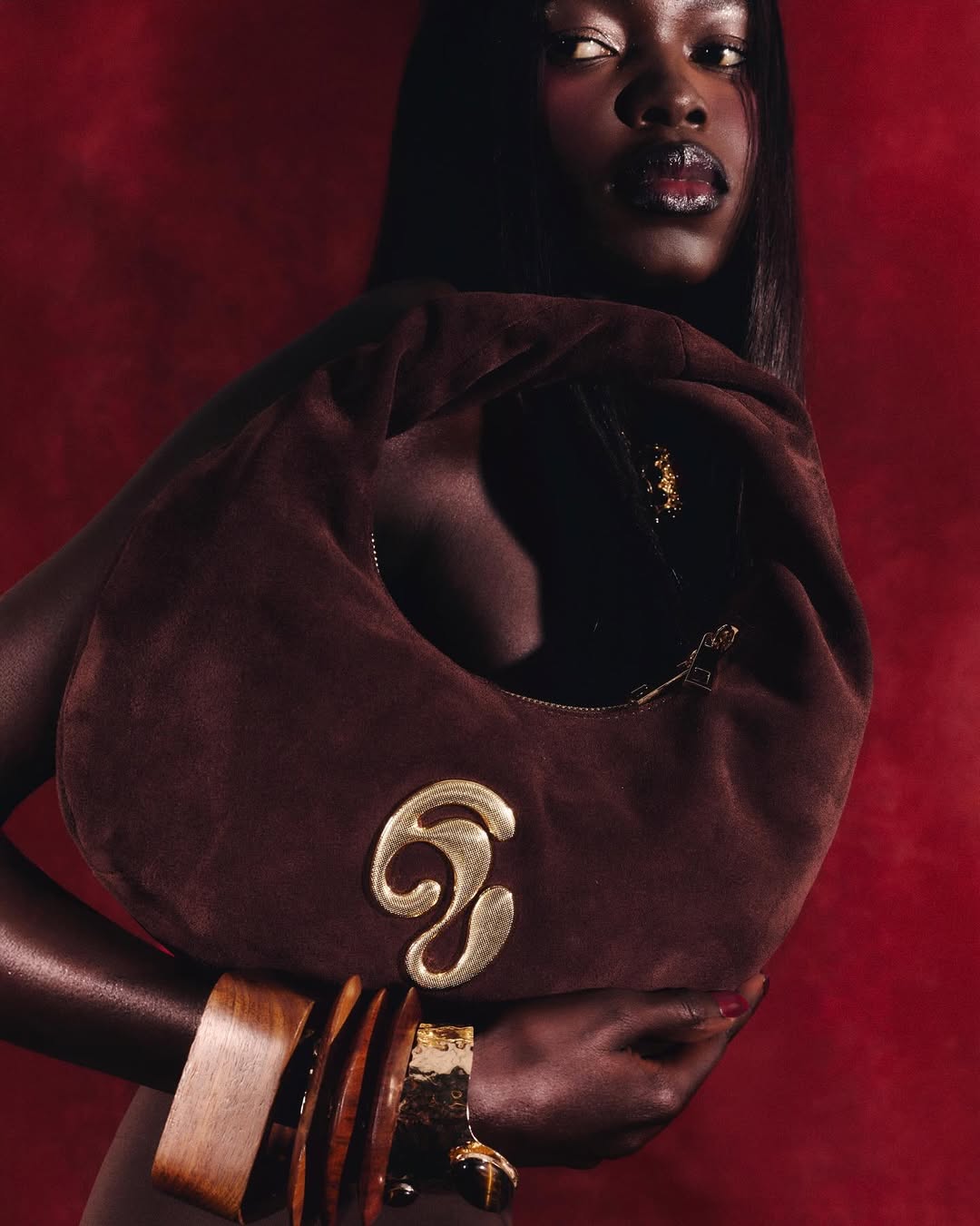

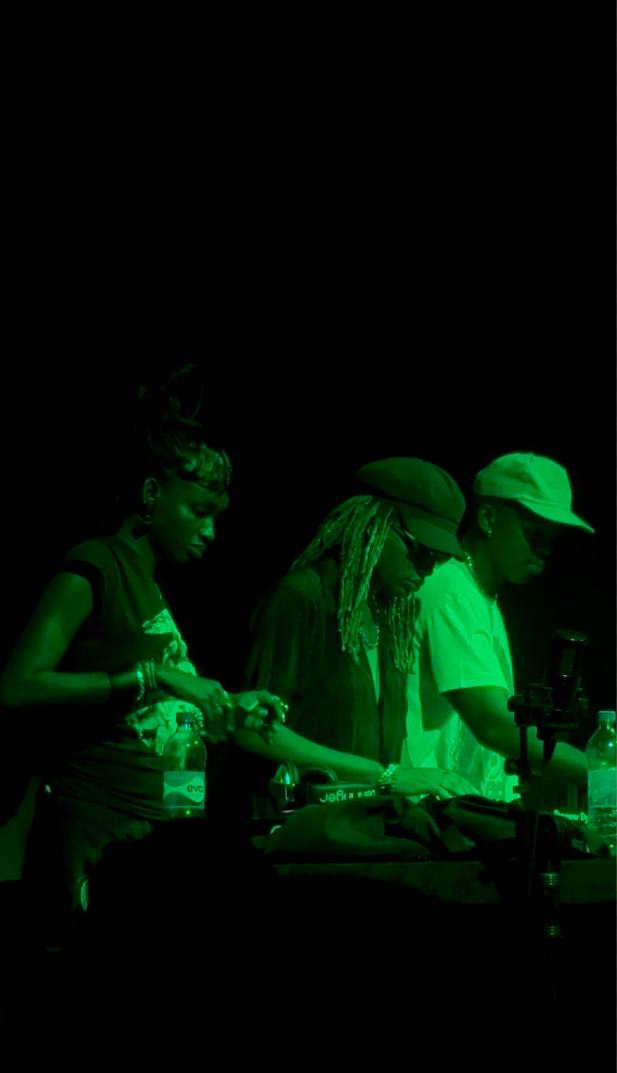
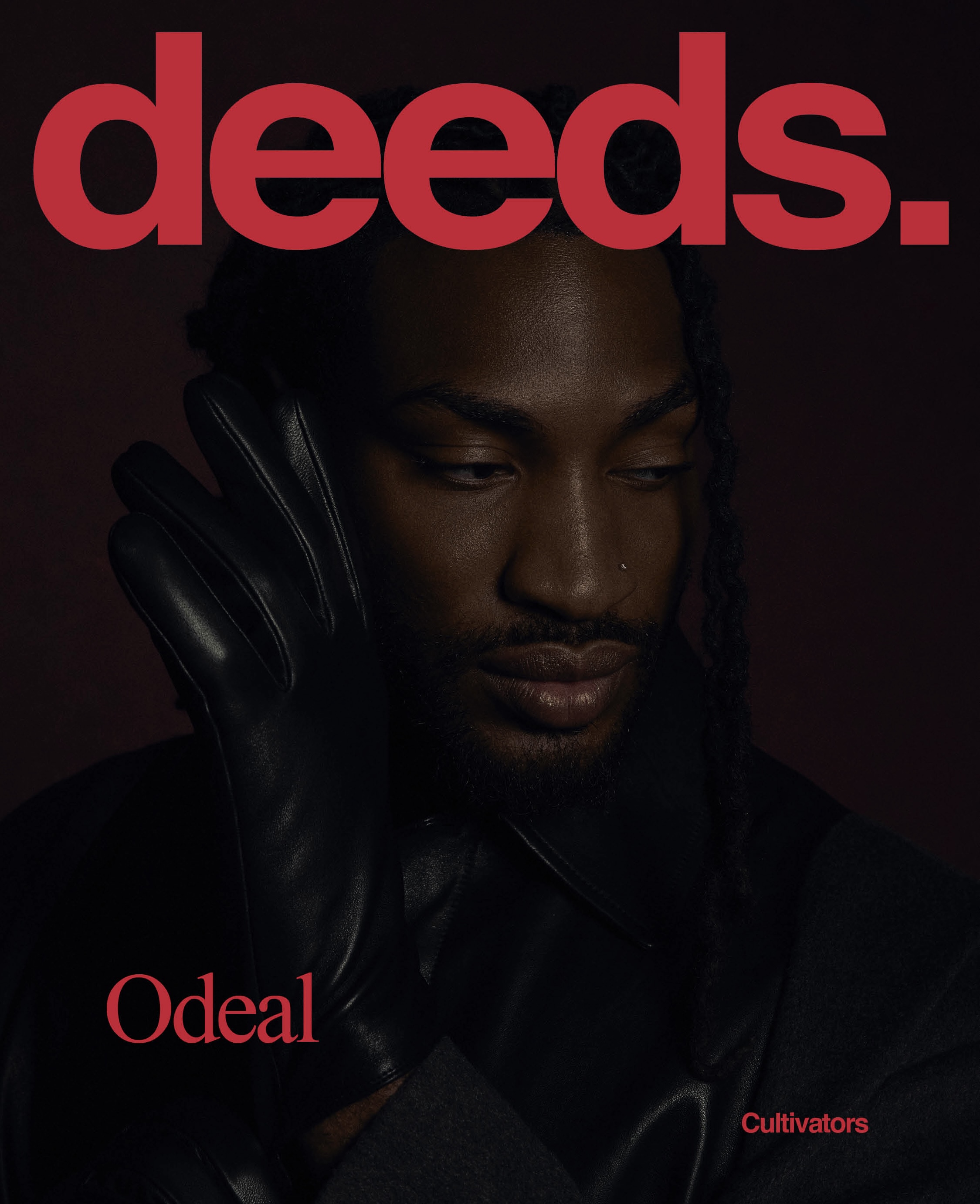


.png)

